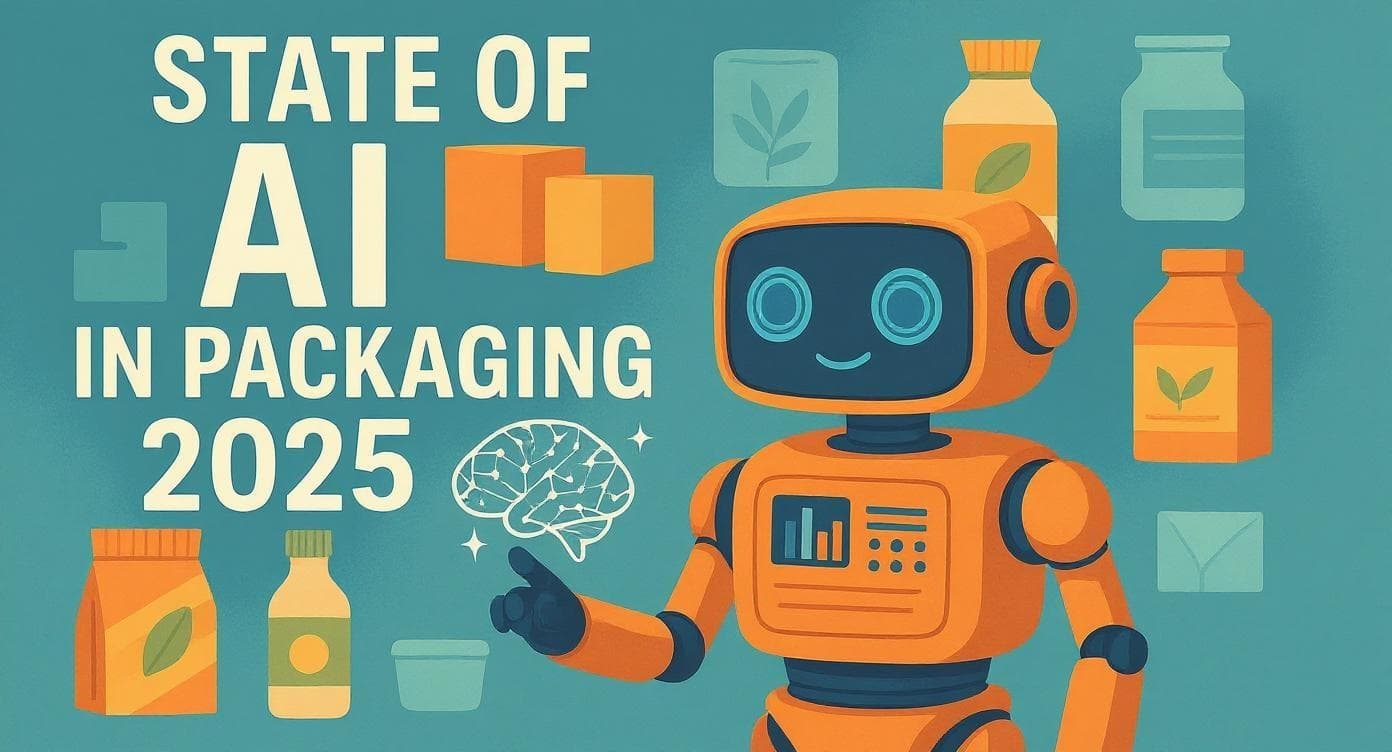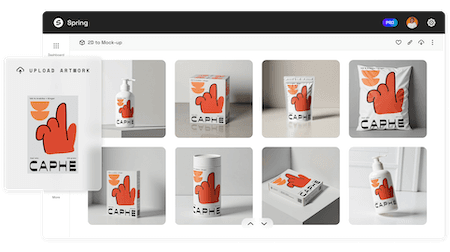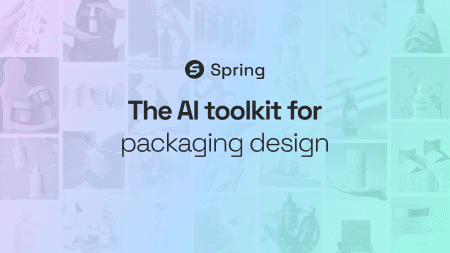Blog PostWhy good data matters for climate action
- Sustainability
- Technology
Kris MooreMarch 1, 2022 - 5 min read
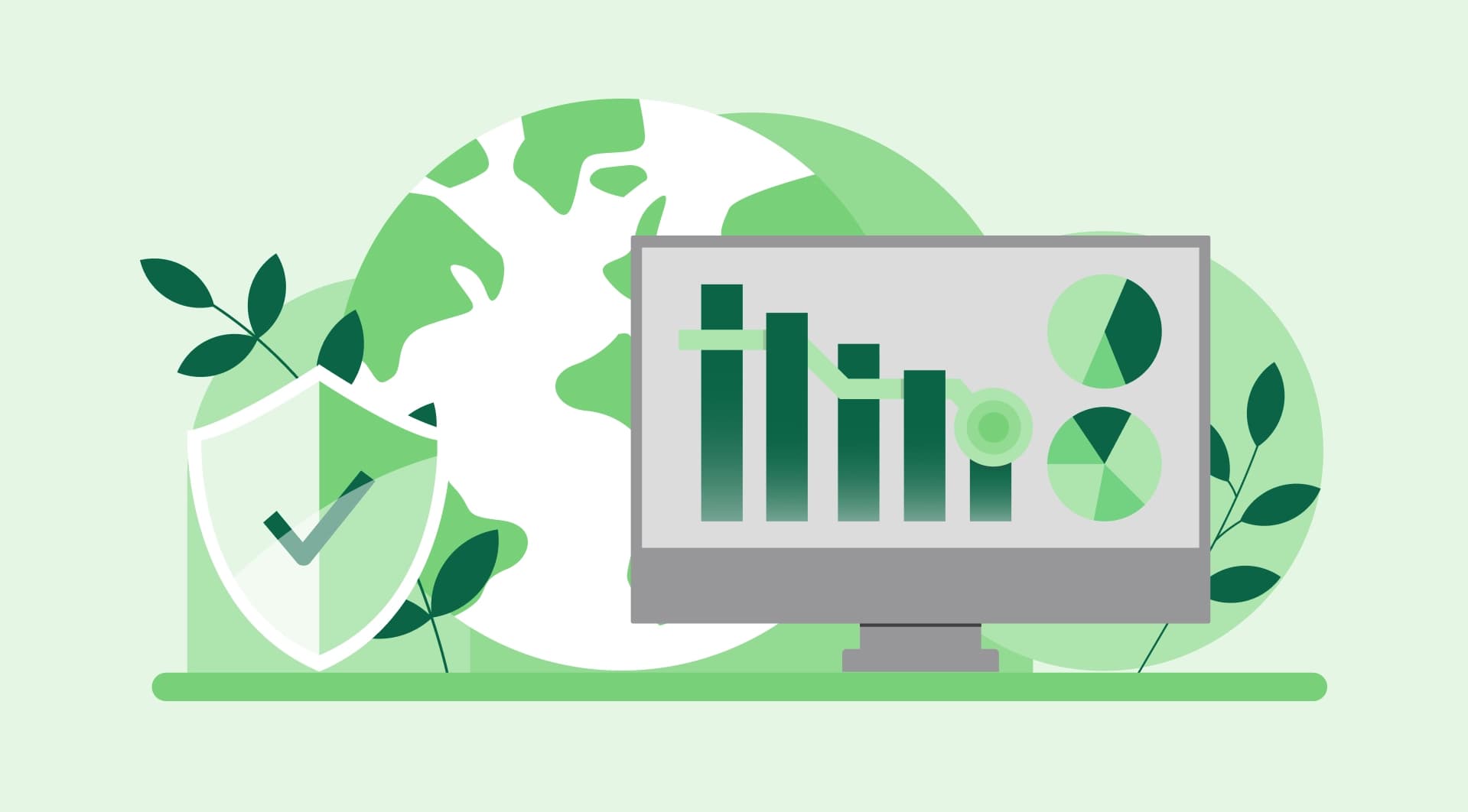
The climate crisis is one of the most pressing challenges we face today, and data plays an essential role in addressing it. Here at Sourceful, we believe that good data is the key to effective climate action. It can help us understand our impact and direct us to where we need to do better. And it can mean the difference between success and failure. In this article, we’ll explore what good data is and why it matters.
What is good data?
Good data is high-quality data. It’s about the thoroughness of the data itself. To ensure you have good data you need to assess and measure the quality of your data. Here’s an insight into the criteria we use at Sourceful:
- Focused – take a materiality approach to data quality and focus on what really matters. For example, focusing on the components that contribute the most impact and holding these to a much higher quality standard. Often researchers will focus efforts on increasing the quality of data for items contributing to 80% of a product’s impact.
- Accuracy – the accuracy of data is a function of its relevance to the item in question and the sources used. Consider the technological, geographical and temporal relevance of your data to the item you’re collecting it for, as well as the quality of your data source.
- Consistency – assess whether the approach has been applied uniformly. Defining the criteria for data quality is a good first step, but unless it is consistently adhered to, it is near worthless.
If your data can measure up to the above criteria, you can be confident it’s both good and valuable. This is what sets good data apart from the rest.
Why good data matters for climate action
We know climate change is an existential threat; at present, we’re already experiencing widespread effects such as melting glaciers, rising sea levels and extreme weather patterns. And our current emissions of carbon dioxide and greenhouse gases show we are set for a warming that will continue to intensify and trigger further disasters.
For our planet to reach net zero by 2050, we need to dramatically reduce our carbon emissions. This is where data is key. It allows you to understand where your impact is coming from, so that you can then identify the most pressing priorities to reduce it.
In the greater mission for climate action, good data enables us to align development priorities with our climate targets, use resources more efficiently, and hold ourselves accountable to the international commitment for net zero. It can also be used as evidence to back environmental claims.
With good data, you can understand the impact of your decisions and use it to make better decisions.
Learn more: How can you avoid greenwashing.
Without the right data, major issues can arise.
In the mid-1990s, Europe supported a switch from petrol cars to diesel in an attempt to reduce carbon emissions. But the data they used to justify the switch was flawed. Whilst there was proof that diesel produced less CO2 than petrol, the data failed to note that it emits “four times more nitrogen dioxide pollution (NO2) and 22 times more particulates - the tiny particles that penetrate the lungs, brain and heart”. This led to a deadly rise in air pollution and thousands of extra deaths due to toxic gases.
It also failed to appreciate the full life cycle emissions of a diesel car. A 2017 study done by the European Federation for Transport and Environment showed diesel cars to have higher lifecycle CO2 emissions than petrol cars.
The problem here was incomplete data from negligent testing that resulted in public deception. And this was heavily driven by pressure from the car industry to find a market for diesel. The evidence was always there, but the data collected at the time only showed one side of the story. Other harmful air pollutants weren’t taken into account and neither was the impact of car production, size and mileage.
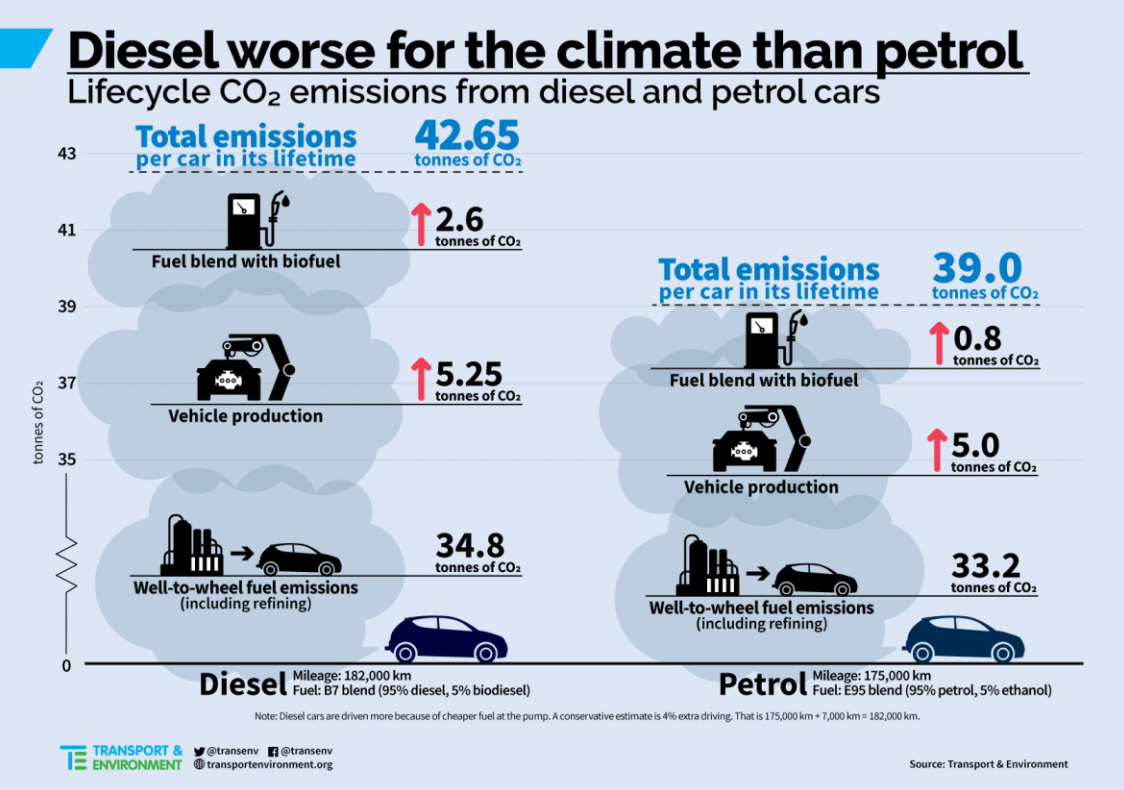
Source: Transport & Environment
If we’re going to limit global warming, we can’t afford to make the same mistakes again. Not only did the switch to diesel release harmful gases into the atmosphere, but it also delayed progress on hybrid and electric car technologies that would have provided a better solution for reducing emissions. This is why good data is essential – it can mean the difference between making the right or wrong decision.
Good data benefits your business and our planet
Allbirds was one of the first consumer brands to measure and communicate the carbon footprint for each of their products. Since its founding, the company have been transparent about their sustainability targets – to cut their carbon emissions in half by 2025 and to be 100% carbon neutral by 2030. They’ve committed to gathering data from both their direct and indirect emissions, ensuring they always look at the full lifecycle. And they continue to share this data publicly across their website.
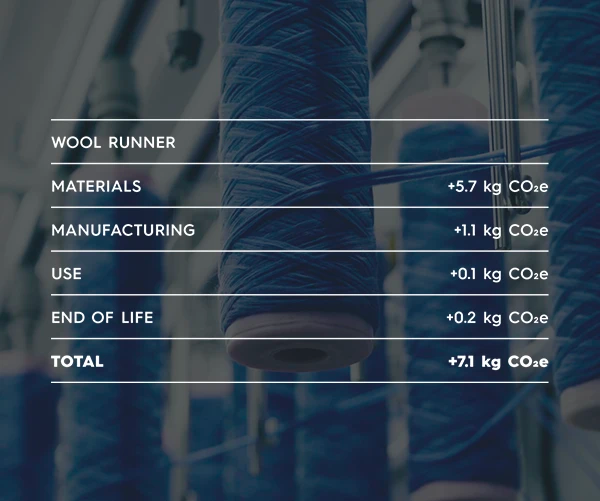
Source: Allbirds
By making this information available, consumers can better understand how their purchases impact the environment and can in turn make informed decisions. And by making their carbon footprint calculator public, Allbirds are creating transparency across the fashion industry, which indirectly encourages other businesses to take similar action.
The way we collect, use and share data is critical to successfully addressing today’s climate crisis. Good data gives authority to climate champions and helps galvanise public support for climate action. It makes climate action more robust, efficient and transparent. And all of this helps boost our collective efforts to tackle climate change.
At Sourceful, we provide real-time life cycle assessment data so your business can understand the impact of any product. Learn more



